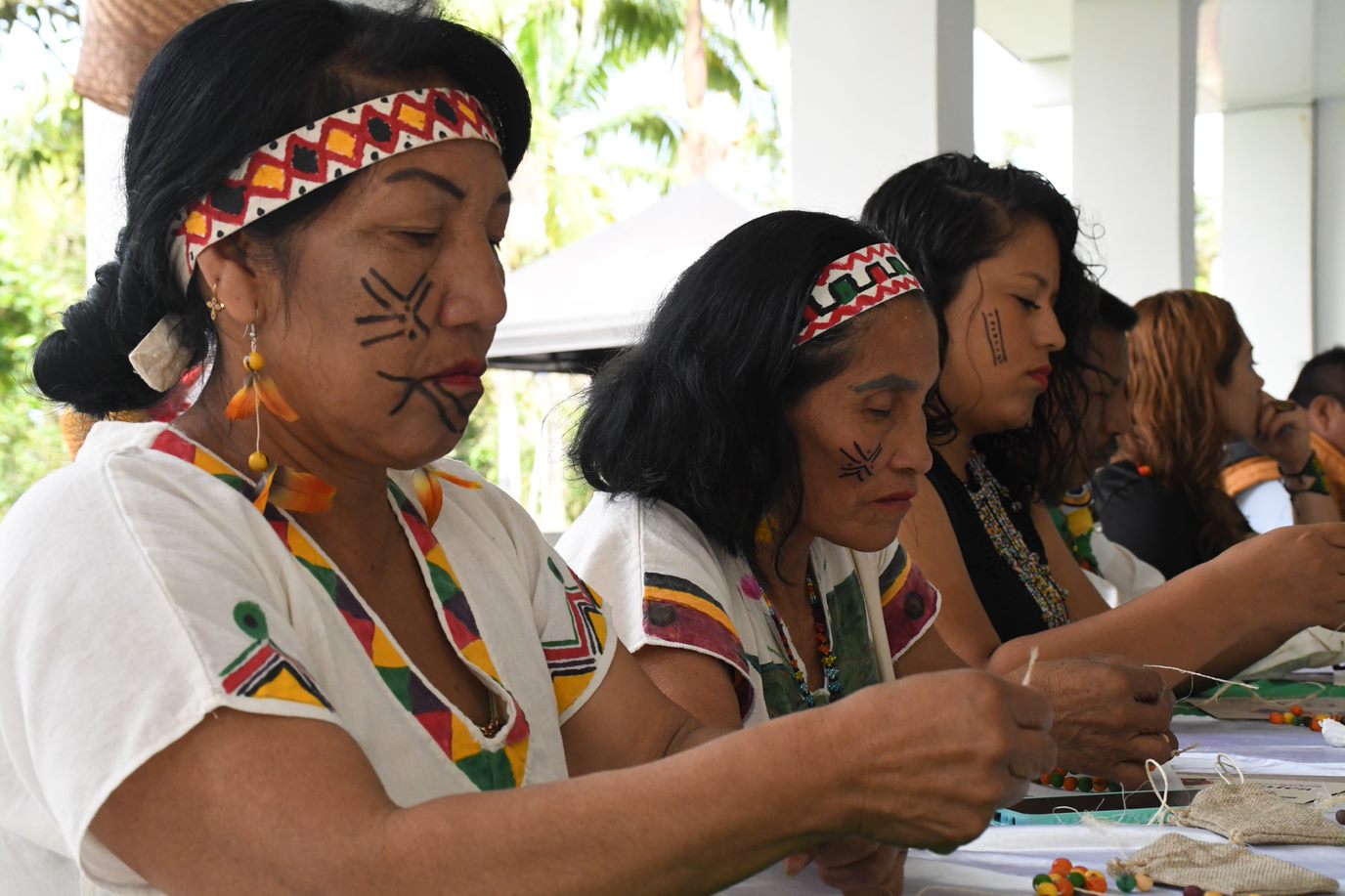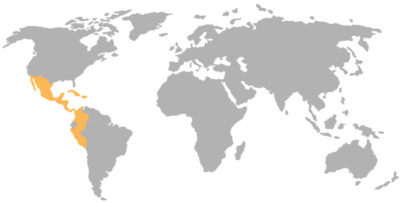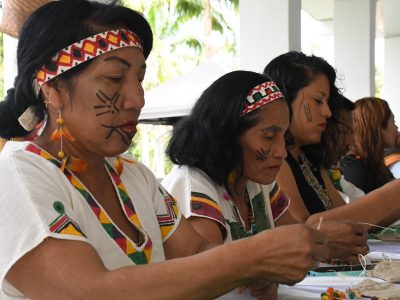ACDI/VOCA’s approach to the Indigenous Peoples and Afro-Colombian Empowerment (IPACE) Activity champions local ownership and leadership to ensure programming is tailored and sustainable and that it broadens impact for USAID’s regional strategy equally among indigenous peoples and Afro-Colombians (IP-AC). It harnesses the existing capacity of ethnic partner organizations as well as resguardos (indigenous reserves), urban cabildos (city councils), and community councils.
ACDI/VOCA will foster mutually beneficial relationships and trust between ethnic and non-ethnic actors. This will catalyze partnerships and investments that scale and sustain transformative solutions while also ensuring self-determined development. Our private sector engagement strategies build co-investment and co-ownership of ethnic inclusion initiatives. These results are amplified through social and behavior change, communications, and intersectional gender and social inclusion approaches that further prompt ethnic inclusion, youth leadership, norms change, and reduced discrimination.
Project Objectives
- Improved self-governance for inclusive peacebuilding and sustainable natural resource management
- Stronger “self-determined” economic development for IP-AC communities
- Strengthened cultural identity and respect for ethnic diversity
- Rapid response to emergencies and crises in IP-AC communities
Project Activities and Approaches
- Consult extensively with IP-AC communities to co-create robust ethnic engagement plans at the territorial level, supporting the Colombian government’s Territorial Development Plans
- Support two strategic mechanisms led by IP-AC communities to ensure they are directly engaged in all aspects of the IPACE Activity’s design, implementation, learning, and adaptation
- Adopt a private sector engagement approach to build productive capacity and entrepreneurship in local ethnic organizations
- Lead rapid response activities and disaster risk reduction to minimize the effects of emergencies and crises and maximize community response
Anticipated Project Results
- 40 public policies to include intersectional and ethnic perspectives at the national and local levels
- 25 ethnic communities with improved capacity to address environmental management and territorial governance
- 17,700 individuals trained to increase their economic empowerment
- 60 percent of participants reporting a positive change in perceptions related to respect for ethnic diversity
- 350,000 hectares of biologically significant areas under improved natural resource management because of U.S. government assistance
Project Leadership

Chief of Party: Luis Alberto Sevillano
lsevillano@acdivoca-co.org

Project Director: Gelsey Bennett
gbennett@acdivoca.org
Project Specialist: Genesis Contreras
gcontreras@acdivoca.org








